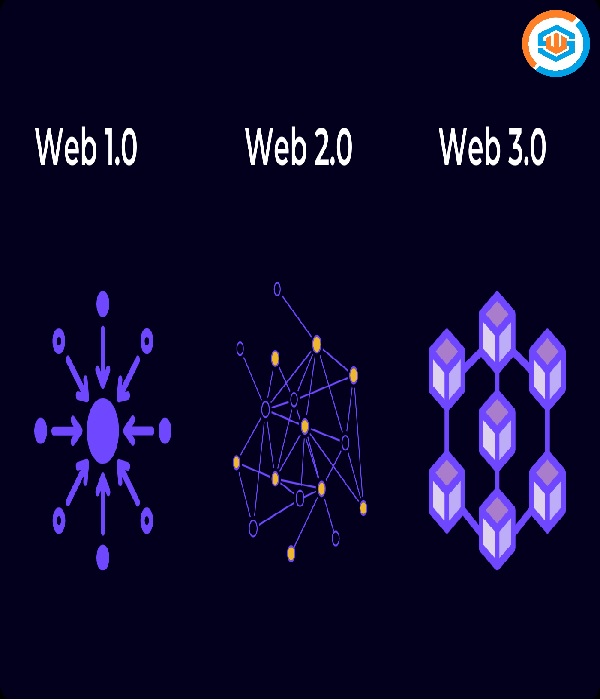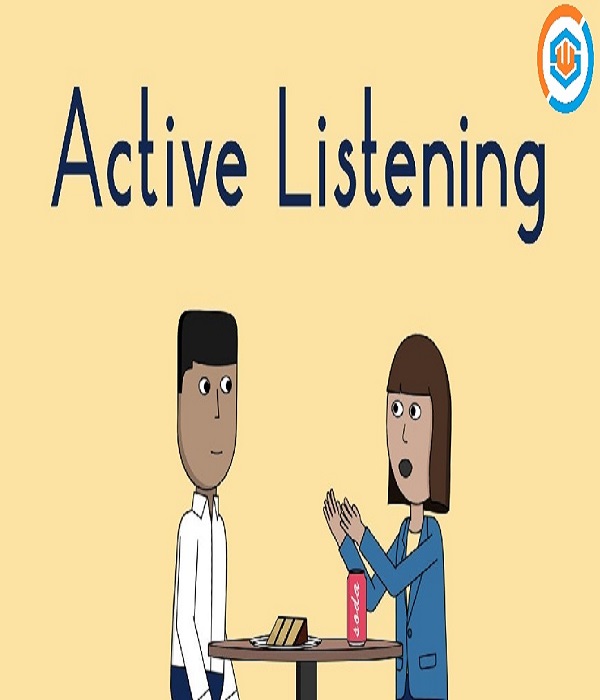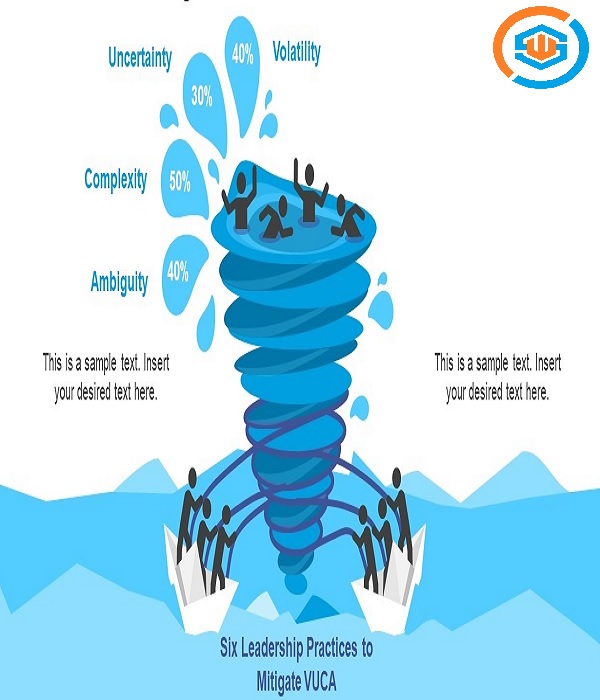
Are You in Stress? If yes, then ofcourse want to know how you decipher Stress and deal with it?
Are You in Stress? If yes, then ofcourse want to know how you decipher Stress and deal with it?
Stress response was designed to help us react to a threat or danger – which was usually physical – by either fighting it or escaping it. Today most of our stressors are psychological.
Stress is a word that gets used a lot. We know it is harmful, but what exactly makes it so detrimental to our health and bodies?
The United Kingdom-based non-profit organisation Stress Management Society defines stress as a physical response during which the body thinks it is under attack and switches to “fight or flight” mode, releasing a complex mix of hormones and chemicals. In turn, this causes a ripple of bodily reactions.
Dr Santhi Adigopula, staff physician at the Heart & Vascular Institute, Cleveland Clinic Abu Dhabi, explains that stress is what happens when our bodies react to a change that requires a physical, mental or emotional response. “Not only does this include negative change, but positive change can also create stress – such as a promotion, moving into a new home or the birth of a baby,” says Adigopula. “For each individual, stress is caused by different things, felt differently and reacted to in different ways.”
our upcoming webinar:-
http://go.webinarstores.net/2WL
http://go.webinarstores.net/vEx
http://go.webinarstores.net/wR8
Sheetal Kini, clinical psychologist at The LightHouse Arabia in Dubai, says common stress triggers in the UAE include road traffic, long working hours, the high cost of living, long commutes to and from work, road rage, employment instability, dependability on visas (for expatriates) and being away from family and social support networks.
Our bodies are paying the price of this stress, with studies repeatedly showing the toll it takes on us. For example, research conducted by the Rotman Research Institute at Baycrest Health Sciences in Canada and published in January in the journal Current Opinion in Psychiatry demonstrated how chronic stress can damage the brain and increase our risk of developing neuropsychiatric disorders, including depression and dementia.
Adigopula says it’s important to be aware that stress – both acute and chronic – can have short- and long-term effects on us physically. “Your body reacts to stress through a series of physiological changes – caused by the release of particular stress hormones – such as increased muscle tension, increased heart rate and blood pressure, rapid breathing, slower digestive functioning, a weaker immune system and a heightened state of awareness,” she says.
Examples of how chronic stress can affect us, according to Adigopula, include damage to the lining of our blood vessels and being more susceptible to atherosclerosis – a condition that restricts blood flow to the heart due to hardened blood vessels. But it’s not only chronic (long-term) stress that’s a problem; even periods of acute (short-term) stress can have negative effects on the body.
“When the body experiences acute stress, it releases cortisol, otherwise known as the stress hormone, which can affect our blood sugar levels and blood pressure,” says Adigopula. “If cortisol levels do not go back to normal immediately following the stressful occurrence, the excess amount can have negative effects such as sleep deprivation, lower immune function and slow wound healing.”
Major types of stresses:-
- PHYSICAL
- NUTRITIONAL
- EMOTIONAL/MENTAL
- ELECTROMAGNETIC
- THERMAL
The good news is that we can lessen the negative effects stress has on the body if we become more aware of the purpose of the stress response.
Kini says the stress response was designed to help us react to a threat or danger – which was usually physical – by either fighting it or escaping it. Today most of our stressors are psychological. And while our most typical response to feeling stressed due to a deadline, for example, isn’t to immediately go for a run, Kini says that our bodies would like us to do exactly that.
“The stress response expects the body to engage in physical activity. When we don’t complete the stress response by giving our body what it needs, we end up with short-term and long-term side effects,” she explains.
Physical activity, however, isn’t the only way to disengage the fight or flight response. Kini says that any other activity that signals to the body that the threat is no longer present can help do this, which includes “reducing the rate of the heart and breath, and relaxing the muscles”.
Note: - As every caution has been taken to provide our readers with most accurate information and honest analysis. Please check the pros and cons of the same before making any decision on the basis of the shared details.











1.jpg)












(4) Comments
Greg Christman
Excellent course!
Rimply dummy text of the printinwhen an unknown printer took eype and scramb relofeletogimply dummy and typesetting industry.
Lora Ekram
Excellent course!
Rimply dummy text of the printinwhen an unknown printer took eype and scramb relofeletogimply dummy and typesetting industry.
Mike Jones
Excellent course!
Rimply dummy text of the printinwhen an unknown printer took eype and scramb relofeletogimply dummy and typesetting industry.